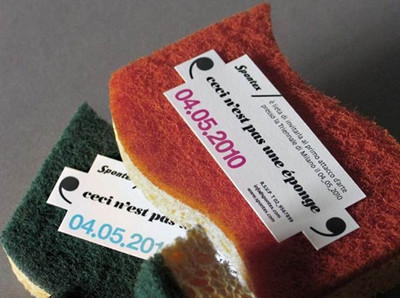(单词翻译:单击)
"What are you doing next Saturday? We're having some people over for a meal. Would you like to come?"
下周六你有空吗?我们请了几个人来家吃饭。你想来吗?
"Are you free next Thursday?" 下周四你有空吗?
"Are you doing anything next weekend?" 你下周末有什么安排吗?
"Would you be interested in coming to the cinema with me tonight?" 你今晚有兴趣一起去看电影吗?
Notes:
Are you free…/doing sth…
would you like to…
Do you fancy doing …?
Today we’re looking at informal invitations, and in particular, how to ask someone whether he or she would like to go for a pint. 今天我们将学习非正式的邀请,以go for a pint(出去喝一杯)为例,重点来教教大家!
Tom:Catherine, I’m just going for a drink after work this evening - do you fancy a pint?
今晚下班后我想去喝酒,想要来一杯吗?
Catherine: Ooh, I’d love one.
哦,想呢!
那么在这段小对话中,Tom问说“Do you fancy a pint?”
In American Spoken English, if you ‘fancy’ something, it means that right now you want to have it.
在美国口语中,假如你fancy某东西,也就是说,此刻你就想得到那种东西。
For example, ‘I fancy an ice cream’, ‘I fancy a hamburger’
例如,“我想吃冰淇淋;我想吃汉堡”。

Tom:Are you up for a pint after work Catherine?
Tom这次是问对方if she was ‘up for a pint’.
假如某个人up for something(打算做某事),实际是在说他/她想做某事。 这是英语口语中较常见的表达。
For example:Are you up for a pint after work Catherine?
Tom:Do you feel like a pint, Catherine?
这里,假如你feel like某事/某物,即,你想要做某事或得到某物。
Now, see if you can hear a difference between the following sentences:
Tom: Do you feel like a pint, Catherine?
Tom: Do you feel like going for a pint, Catherine?
嗯,第二个句子里面出现了动名词going。 我们用动名词来表示做某事而不是特指某物。 这里说的事情是去喝酒。
Tom: Do you feel like a pint, Catherine?
In this situation, Tom can choose whether to talk about the pint itself - ‘Do you feel like a pint’ - or the activity of going for a pint - ‘Do you feel like going for a pint?’
在这里,Tom可以选择特指酒本身(‘Do you feel like a pint’)也可以指去喝酒这件事“Do you feel like going for a pint?”
But, sometimes we don’t have a choice.
For example, we can’t say ‘Do you feel like a museum?’ because you can’t buy a museum! So we would have to say ‘Do you feel like going to a museum with me?’比如,我们不可以说“你想要一个博物馆吗?或是你不能买一个博物馆!” 正确的表达应该是“你想跟我去博物馆?”


